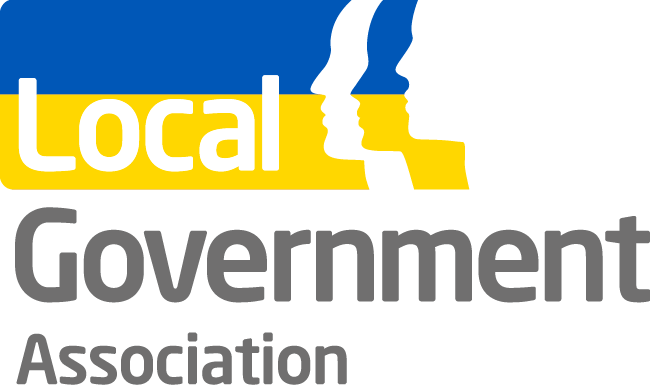Support for unpaid carers
From the ‘Local Government Association’

The adult social care system could not survive without the contribution of unpaid carers who provide vital support for thousands of people every day.
Councils offer a wide range of support to unpaid carers as noted in our publication Supporting Carers. As well as respite at home or short break services, they provide or commission services such as information and advice, carers hubs, discount cards, and direct payments. Additionally, councils commission specific support to young carers.
COVID-19 has further highlighted the incredibly valuable role played by unpaid carers and the difficult circumstances they face. An estimated 4.5 million additional people have become unpaid carers because of the pandemic. This is on top of the 9.1 million unpaid carers already caring before COVID-19 with many juggling their own health and wellbeing issues and employment.

Enabling councils to support the increasing numbers of unpaid carers should be a crucial part of a long-term and sustainable funding solution for social care. Additional funding will allow councils to support the increasing number of carers with a range of services including to help address specific needs, such as supporting carers of people with dementia, carers from BAME communities and young carers.
Caring can place a real strain on individuals – emotionally, physically and financially. Carers are more likely to suffer depression, anxiety and stress and nearly two-thirds of carers have a long-standing health condition. The impact is often exacerbated by carers being unable to find the time for medical check-ups or treatment. Personal relationships can also suffer and carers are more likely to be socially excluded. Recent ONS data has highlighted how unpaid carers have been more affected by the pandemic compared to the general public on aspects of lives including healthcare work, household finances and access to groceries, medication and essentials.

Young carers face particular disadvantages as caring often takes its toll on their education, physical health and wellbeing. They may have also struggled to access remote learning during the pandemic and this will have impacted on their education. Young carers are already more likely to fall behind in education and have lower educational attainment. Their needs should be fully considered in the government’s education recovery package as part of a long-term child centred recovery.
A recent report found that the 2014 Care Act’s strengthening of carers’ rights appears to have been limited by the requirement for local authorities to keep within budget, and as a result these rights have not led to greater access to support for carers. Every part of the care and support sector is under intense pressure due to the pandemic and councils are doing all they can to support carers and those they care for.
LGA responds to County Councils Network and Newton report

“Potential underfunding of adult social care reforms would only exacerbate pre-existing significant pressures, which the reforms – and the funding for them – do nothing to address.”

Councillor David Fothergill; Chair of the LGA Community Wellbeing Board
Responding to analysis from the County Councils Network (CCN) and Newton of the underfunding of the Government’s proposed reforms to adult social care, Cllr David Fothergill, chair of the LGA Community Wellbeing Board said:
“This report provides further analysis that adds weight to growing concerns that proposed reforms to social care are potentially significantly underfunded. This would be disastrous for councils, care providers and people who access care.

“With shortages across the sector, social care staff are already under extraordinary pressure and adding more to their workload with no plans for increased support or pay risks driving even more valued staff away from working in the sector
“Potential underfunding of these reforms would only exacerbate pre-existing significant pressures, which the reforms – and the funding for them – do nothing to address. These include unmet and under-met need, greater strain on unpaid carers and increased waiting times for assessments and delivery of care packages.
“A higher proportion of the health and social care levy needs to be spent on social care to tackle these issues and create stable foundations for these reforms. The timetable and cost of the reforms must be kept under close and regular review, with any additional costs incurred by councils fully funded by Government.”

